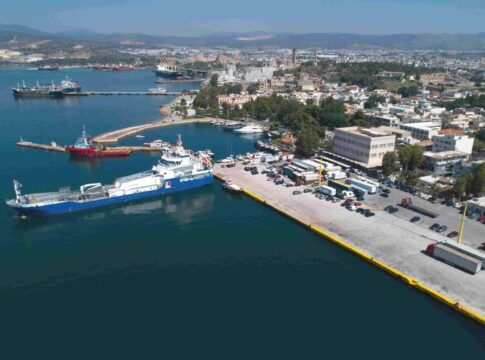Τhe second round of the climatic stress test in which 110 banks from all over Europe will participate – including all 4 Greek systemic banks – is a fact. The climate stress test will run from December 1, 2023 to March 12, 2024.
The climate test is based on the demand for a 55% reduction in carbon dioxide emissions by 2030. Therefore, the efforts to achieve the goals are intensified and ultimately create significant costs for the operation of businesses and banks.
The specific stress test should be considered the first stage of the next test, the result of which will be counted in the banks’ funds.
More specifically, banks will be asked to report aggregate data at the level of counterparties (i.e. customers) using the available data since December 2022.
In this way, they will assess:
- The extent of the exposure of banks to climate risks. At this point, the special conditions regarding the climate of the country will be taken into account, but also regarding the grants to businesses where the risks are enhanced due to climate change.
The recent fires in Rhodes or the floods in Thessaly are clear examples of exactly what this exercise is trying to record.
- What mechanisms banks have developed to assess risks, and to deal with them. In this process, the invoicing carried out by the credit institutions is integrated as well as the requirements for the insurance of the business activity.
- How exposed banks are to secondary effects from similar risks. A secondary effect is that an entire region cannot function for a long time after a climate disaster even if the bank customers have not suffered primary damage.
Risks – costs
Aggregated data will more broadly describe the banking sector’s climate-related risks.
Meanwhile, within the framework of all the above requirements, all large companies will be required from 2024 to report their carbon dioxide emissions as well as the risks they may face from climate change. Large companies are those that employ more than 250 employees and have a turnover of more than 40 million euros.
About 1,000 large companies are clients of Greek banks.
In this context, the creation of a platform has been proposed where these companies will refer to a series of critical issues regarding the risks they face from climate change, either primary or secondary.














